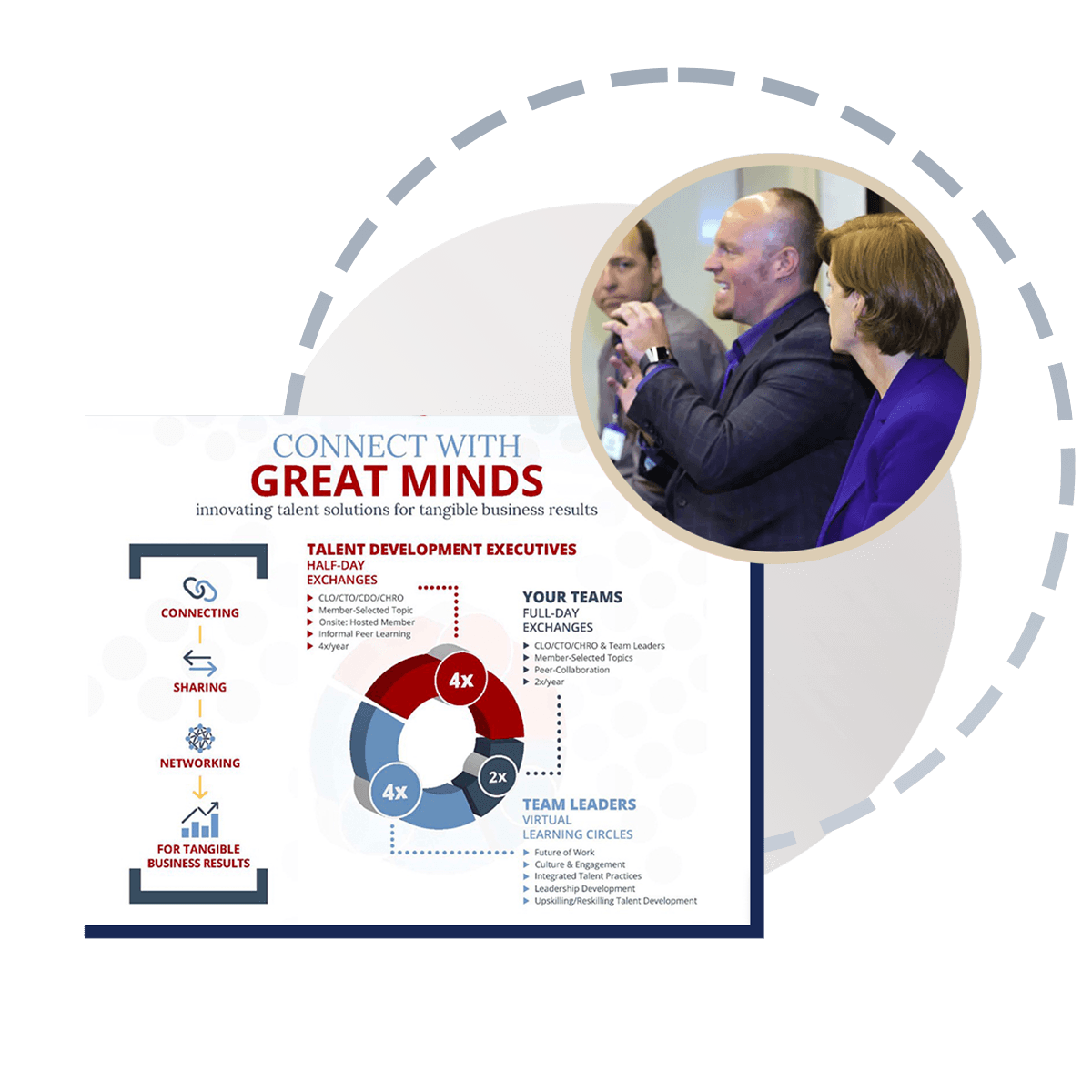Session Focus: Dive into metrics and methods that connect skill development to tangible business outcomes.
In today's rapidly evolving business landscape, organizations are increasingly recognizing the critical role of skill development in driving success. However, the challenge lies not just in implementing learning initiatives, but in effectively measuring their impact on business outcomes. Our recent session dove deep into the metrics and methods that connect skill development to tangible business results.
As Mary Pat Zolna aptly put it, "Change needs to happen all the way throughout the process and it starts with aligning to our vision and our strategic priority and getting senior leadership buy-in." This quote encapsulates the essence of our discussion, highlighting the importance of a holistic approach to skill development and measurement.
Key Takeaways:
1. Align Learning with Business Strategy: Successful organizations are those that tightly link their learning initiatives to overarching business goals and KPIs. Tools like impact mapping prove invaluable in clearly demonstrating how skills development contributes to achieving business outcomes. By aligning learning efforts with strategic priorities, companies can ensure that their skill development initiatives are driving real value.
2. Implement Robust Measurement Strategies: To truly understand the impact of learning programs, it's crucial to employ a diverse array of assessment techniques. These may include pre and post-training assessments, observational methods, and continuous feedback loops. By implementing comprehensive measurement strategies, organizations can effectively track skill growth and demonstrate the tangible impact of learning programs on business performance.
3. Engage Stakeholders Beyond HR: The most effective skill development initiatives involve collaboration across the entire organization. By partnering closely with business units and leaders, learning professionals can identify critical skills, set relevant performance metrics, and gather pertinent business data. This cross-functional approach ensures that learning initiatives directly address the most pressing needs of the organization and contribute meaningfully to business success.
As organizations continue to navigate the complexities of the modern business environment, the ability to measure and demonstrate the impact of skill development on business outcomes will become increasingly crucial. By embracing these key takeaways, learning professionals can position themselves and their organizations for success in the skills-based economy of the future.
